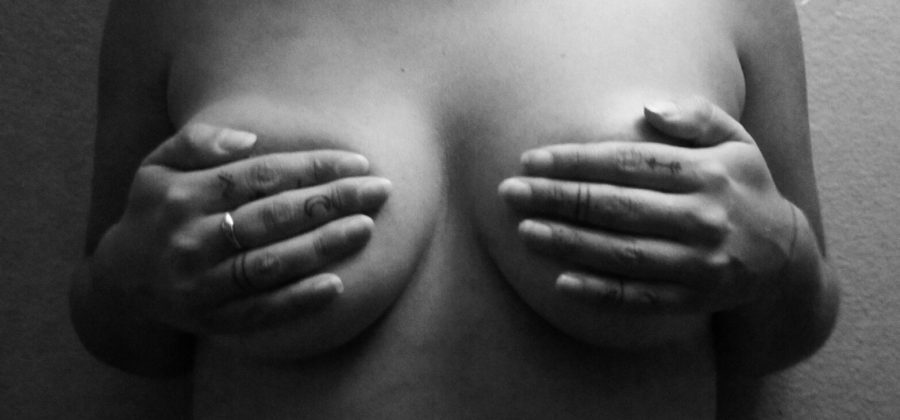When I thought I had breast cancer
November 2, 2016
Five years ago, I found a lump on my left breast and the first thing that came to mind was, “Could I have breast cancer?”
I was terrified and began searching for answers on the internet.
I started to monitor my lump for about six months and in those months, I noticed that it was increasing in size.
My mother and I went to go see a specialist. The doctor recommended that I have an ultrasound and breast biopsy, which was painful and uncomfortable.
This whole ordeal made me feel emotional because I did not know what to expect and found myself crying. After the doctor got the results back, he informed me that it was benign and it would shrink. I was relieved by this news.
The doctor concluded that due to my stress, caffeine intake and hormone changes, I developed this lump. Unfortunately, the lump kept growing. The doctor advised I have surgery in case this lump ends up turning cancerous.
When the day finally came, I knew that I had to be brave. My parents were with me, supporting me.
Since the operation, my breast feels light and the doctor that performed it did a great job. You can barely see the incision.
Even though I went through this stressful and heart-wrenching experience, I was lucky that it was not as serious. I’m thankful that my mom, being a medical professional, taught me how to do a breast self-exam. It was the reason why we caught it on time.
This experience motivated me to help women that have breast cancer.
There are several breast cancer programs which provide support and need donations to further their research for fighting breast cancer: National Breast Cancer Foundation, The American Cancer Society and the Susan G. Komen for the Cure.
Janelle Hail, founder of The National Breast Cancer Foundation, is a breast cancer survivor herself. The American Cancer Society also promotes The National Breast and Cervical Cancer Early Detection federal program that helps women who can’t afford expensive treatments. In addition to raising awareness, The Susan G. Komen Foundation hosts the 3-Day Race for the Cure each year.
Be sure to log onto the websites of these foundations and check out more information on breast cancer, treatments and women who share stories of their own battles and survival.
Breast cancer does not just occur among women, but men as well. It is crucial to help and support the women and men that have cancer. By volunteering and donating during Breast Cancer Awareness Month from Oct. 1-31 ‒ or any other day ‒ we can find a cure.


